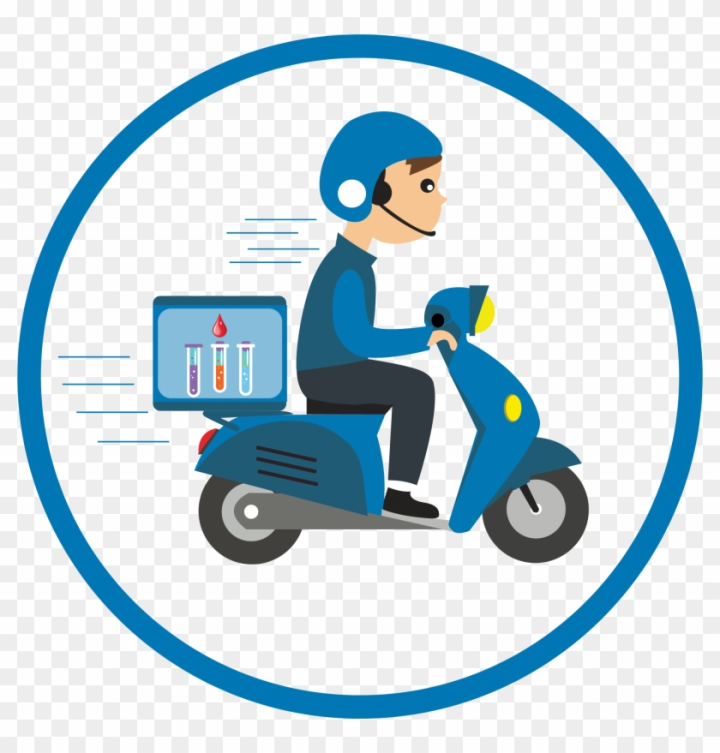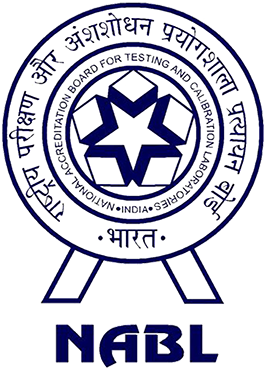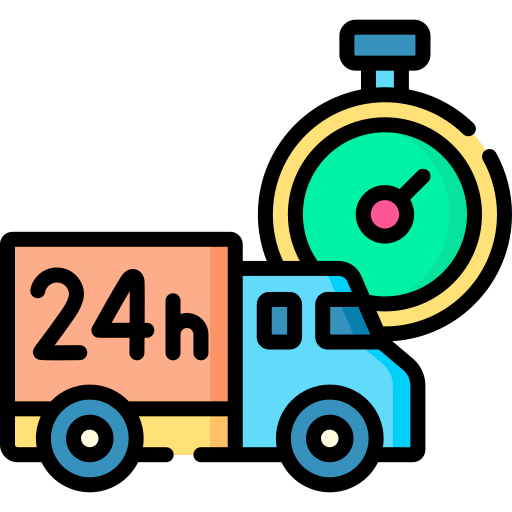RBS - Random Blood Sugar
Random Blood Sugar (RBS) refers to the measurement of glucose levels in the bloodstream at any given time, regardless of when the last meal was consumed. This test is typically conducted without fasting requirements and provides an immediate snapshot of blood sugar levels.
RBS is commonly used to screen for diabetes or monitor glucose control in individuals with known diabetes. Elevated RBS levels may indicate hyperglycemia (high blood sugar), which can be caused by factors such as recent food intake, stress, certain medications, or underlying health conditions like diabetes mellitus. On the other hand, lower-than-normal RBS levels may suggest hypoglycemia (low blood sugar), which can occur due to excessive insulin, certain medications, delayed or missed meals, or underlying health issues.
Interpretation of RBS results helps healthcare providers assess immediate blood sugar status, guide treatment decisions, and determine if further testing or adjustments to diabetes management plans are necessary. Regular monitoring of RBS is essential for maintaining optimal blood sugar control and preventing complications associated with diabetes.
Random Blood Sugar (RBS) is a test used to measure the glucose concentration in the bloodstream at any time of the day, regardless of when the individual last ate. Unlike fasting blood sugar tests that require overnight fasting, RBS provides an immediate snapshot of blood sugar levels.
### Purpose and Clinical Significance:
RBS is primarily used for:
- **Screening for Diabetes:** It helps identify individuals with high blood sugar levels who may require further testing to confirm a diagnosis of diabetes mellitus.
- **Monitoring Diabetes Management:** For people already diagnosed with diabetes, RBS assists in assessing current blood sugar control and adjusting treatment plans as needed.
### Procedure:
1. **Blood Collection:** A blood sample is taken from a vein or fingertip.
2. **Measurement:** Glucose levels in the sample are measured using a glucometer or laboratory analysis.
### Interpretation:
- **Normal Range:** Typically, RBS levels should be below 200 mg/dL (milligrams per deciliter) in individuals without diabetes.
- **Abnormal Results:** Elevated RBS levels may indicate hyperglycemia (high blood sugar), which can result from factors such as recent food intake, stress, certain medications, or underlying diabetes.
- **Clinical Decisions:** Based on RBS results, healthcare providers may recommend further testing, adjustments to diet or medication, or lifestyle modifications to manage blood sugar levels effectively.
### Considerations:
- **Immediate Insight:** RBS provides immediate information about current blood sugar status, which can be critical in emergency settings or when assessing acute changes in health.
- **Limitations:** RBS levels can fluctuate throughout the day based on various factors, so a single RBS measurement may not provide a complete picture of overall blood sugar control.
- **Follow-Up:** Persistent elevated RBS levels may prompt additional testing, such as fasting blood sugar tests or HbA1c measurements, to confirm diagnosis and guide long-term management strategies.
In conclusion, RBS is a valuable tool in diabetes management and screening, offering quick insights into blood sugar levels and informing timely clinical decisions. Regular monitoring of RBS helps individuals with diabetes maintain optimal health and reduce the risk of complications associated with high blood sugar levels.
We provide blood tests in Noida, Gurgaon,
Faridabad,
Delhi,
Indirapuram, Ghaziabad, Greater Noida, and Greater Noida Extension(west).
















